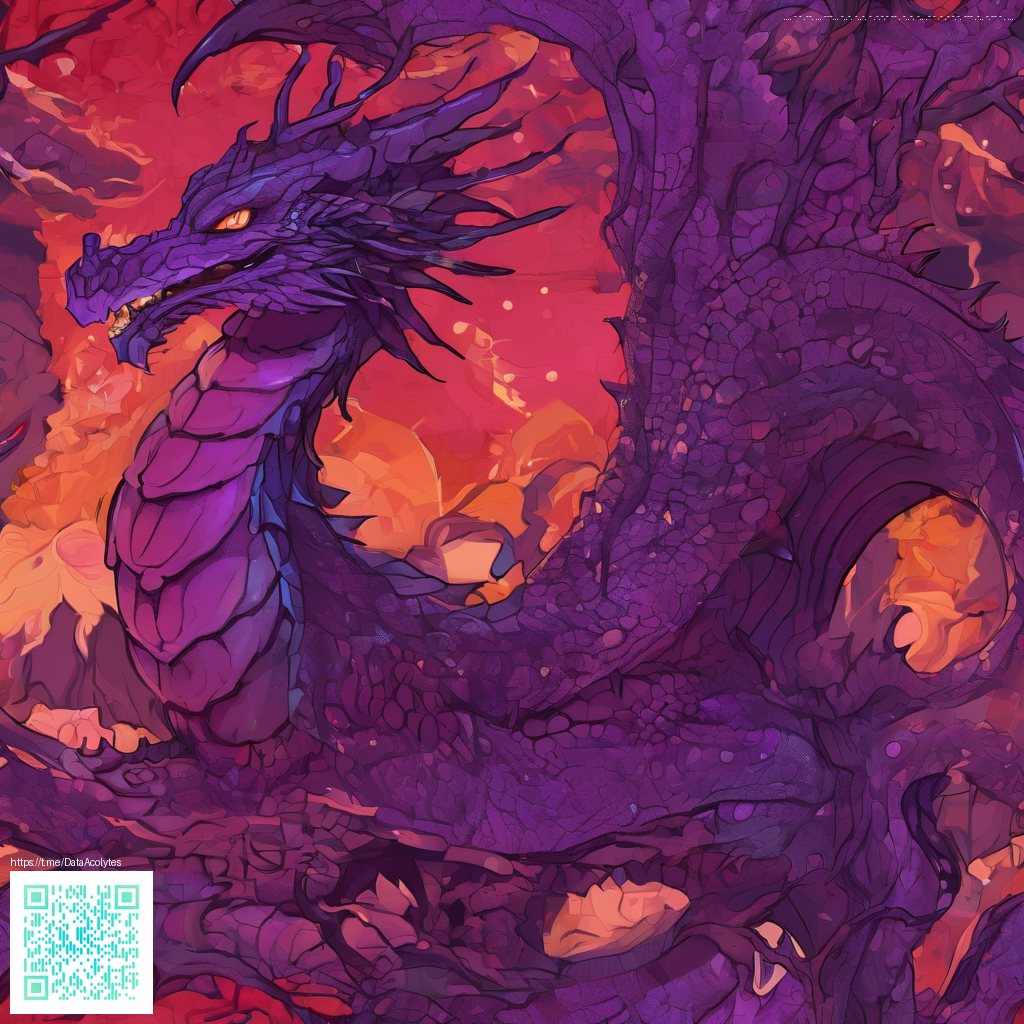
Redefining the Open World: Watch Dogs Legion's Bold Experiment
In a landscape crowded with sprawling maps and humongous side quests, this title chooses a different path. It centers on the city of London as a living, breathing playground where any civilian can step into the role of a hero. The core idea is not just to fill the map with more icons, but to empower player identity by letting characters themselves drive the story. It is a design choice that trades predictable hero arcs for emergent, crowd powered storytelling on a grand scale 🎮
Mechanically the game hinges on a distinctive recruitment system. Instead of selecting a specific protagonist, you assemble a DedSec squad by recruiting ordinary people with extraordinary potential. Each operative arrives with their own gadgets, skill set, and backstory, which means your approach to a mission can shift dramatically depending on who you recruit. The result is a toolkit driven by variety rather than a single stat line, inviting players to experiment with unconventional pairings and tactics that feel fresh every time you boot up the city map.
Ubisoft and the London studio team behind the project emphasize the player agency at the heart of the design. The world is not merely a stage for scripted set pieces; it is a sandbox where the identity of your team shapes traversal, hacking routes, and combat style. The city becomes a character in its own right, reacting to your roster’s strengths and weaknesses. It is a bold reimagining of the open world, one that rewards curiosity and creative problem solving over rote objective completion.
With never before seen gameplay innovation you can play as literally anyone on the streets of London. Each character carries a unique personality a specific backstory and a special skill set.
Community members have mined the system for memorable moments. Players share stories of improbable rescues and clever takedowns that hinge on a single recruit with the right gadget at the exact moment of need. The open world becomes a canvas for human moments rather than a corridor of chase sequences. The result is a community of players who frequently swap tips on how to maximize a given operative’s reach and how to leverage alibis and disguises to outplay security systems in inventive ways.
Update cycles have reinforced the game as a living platform rather than a one off. The Bloodline expansion, released in the year after launch, added new narrative threads and additional playable perspectives that broaden the roster. This DLC highlights the ability to extend the sandbox while preserving the core ethos of recruitment and flexible play. For many players the update signaled a refinement of the original concept rather than a departure from it, offering fresh angles on familiar London streets.
Modding culture around the title has flourished on PC where feasible. Enthusiasts push the boundaries by tweaking how operatives are recruited or by testing balance changes that invite even more creative experimentation. The openness of the core concept invites players to imagine new roll calls for DedSec and to prototype unusual loadouts that go beyond the intended mission design. It is a testament to how a platform can grow when fans are invited to remix it rather than merely consume it.
Developer commentary has helped frame the ambition behind the decision making. A prominent takeaway from official communications points to the core philosophy of player choice. The team has repeatedly described the goal as enabling players to write their own legend on a city that responds to every decision. This clarity from the developers helps explain why the open world feels less like a maze and more like a dynamic theatre where your roster directs the pace and tone of the experience.
From a gameplay perspective the open world design is not simply about scale. It tests the player’s ability to adapt on the fly and to rethink the way goals are approached. Where a traditional campaign might rely on a fixed hero’s progression, this approach rewards strategic assembly and improvisation. It also introduces a layer of replayability that comes from discovering which operatives synergize best for a given mission type or enemy layout. The city, once a backdrop, becomes a collaborative partner in your plan.
As the conversation around open world titles evolves, Watch Dogs Legion demonstrates that a genre can be redefined by who you allow into the center of the action. The game invites experimentation and embraces the unpredictability that comes with a roster built from the streets themselves. Players are not simply following a path laid out by the developer; they are drafting a path that fits their personal playstyle and the unexpected twists the city throws at them.
For newcomers and veterans alike, the experience rewards patience and experimentation. You may discover a favorite archetype among the walk by citizens or stumble into a mission strategy that only clicks when you recruit a character you would never have considered in a conventional open world. The result is a kinetic, participatory feel that redefines what a living city game can be. 🔥
Whether you approach it as a sprawl of emergent stories or as a platform for experimental play styles, the core idea endures a simple truth. A city that can become your army is a city that invites you to become more than a player you become a planner, tactician, and storyteller in one. That is the promise the game keeps offering with every new recruit.
If you want to explore more about how narrative design, aesthetic choices, and play style diversity shape modern games, you can check the related reads linked below. These pieces paint a broader picture of how designers experiment with player agency and community driven content to push genres forward.
Phone Grip Kickstand Reusable Adhesive Holder